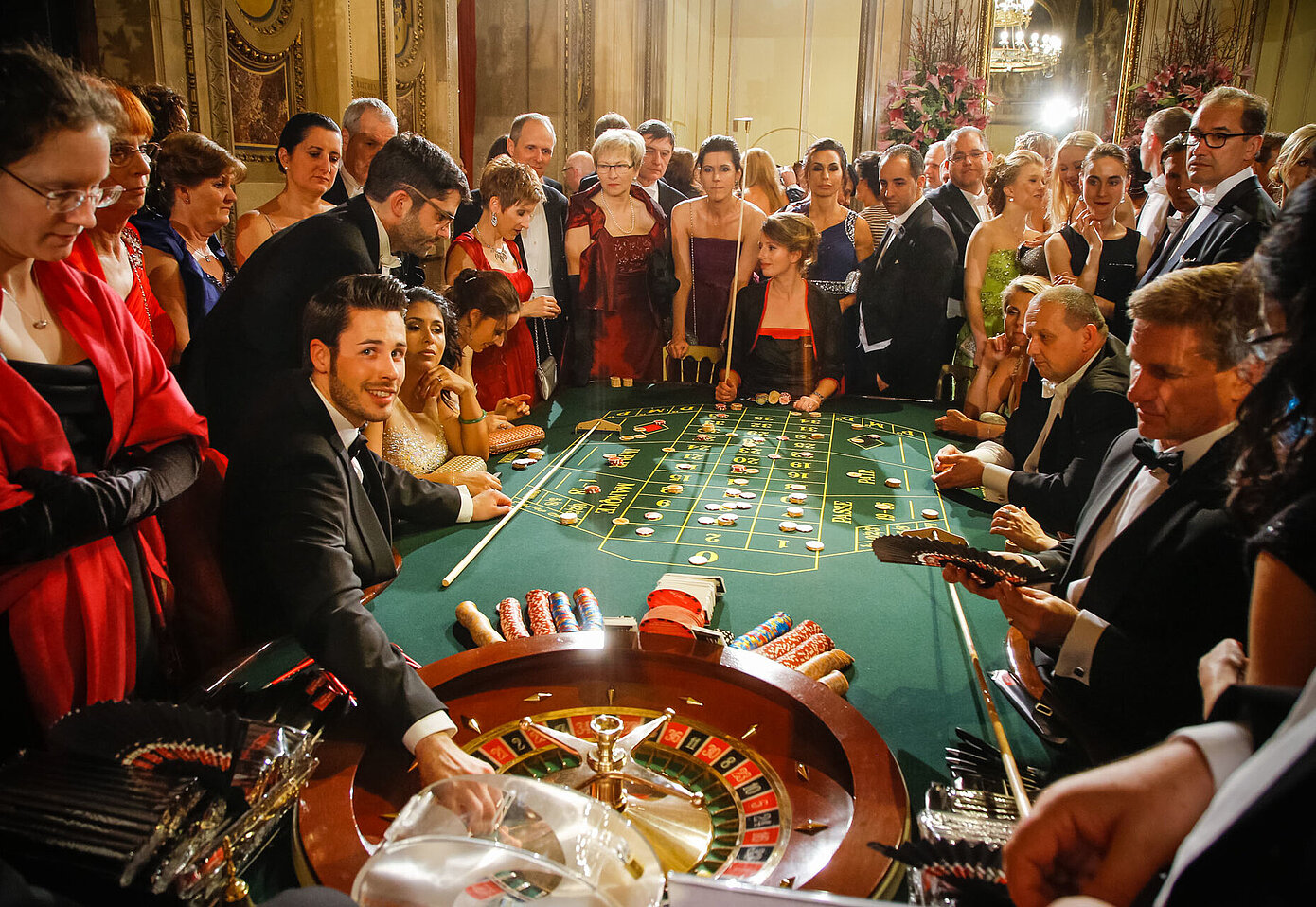
Casino games have long been a staple in human culture, providing not just entertainment but a captivating reflection of our hopes, ambitions, and anxieties. From the spinning reels of a slot machine to the strategic gameplay of poker, these games encapsulate a variety of human emotions and incidents. At their core, casino games are not just a chance to make profits; they are a snapshot of life itself, where risk versus reward intertwine and fate can change in an eye blink.
As players assemble around tables or sit in front of brightly lit machines, they engage in a tradition that transcends mere playing. These games echo our innate desires for connection, thrill, and the pursuit of luck. They also unveil deeper truths about human behavior, such as our relationship with luck and the excitement of the unknown. In exploring casino games, we uncover not only the nuances of play but also the intricate pattern of the human story, showcasing our woven narratives of aspiration and reality.
The Psychology of Gambling
Wagering is deeply rooted in the psyche of individuals, tapping into various emotions and desires. The excitement of risk-taking is a core aspect that draws players in, be it the thrill of spinning a roulette wheel or the excitement of drawing a winning card in poker. This adrenaline is frequently likened to other forms of excitement, as the unpredictability of outcomes triggers a unique psychological response. Players often find themselves entranced by the chance of winning big, leading to an almost magnetic draw toward gambling games.
Additionally, a crucial component of the psychology behind gambling is the concept of optimism and aspiration. F8BET Participants often nourish dreams of financial freedom and the opulent lifestyle that can accompany winning. This optimism fuels their continued participation in casino games, as it provides a sense of meaning and the conviction that a life-changing win could be just one bet away. The story of beating the odds and finding success resonates with many, strengthening their dedication to play and involve themselves with these games.
Finally, social dynamics play a significant role in gambling psychology. Casino environments are designed to promote social interaction, where gamblers gather to share the experience of wins and losses. This communal aspect not only amplifies enjoyment but also influences behavior, as individuals often mimic the actions of others around them. The social validation found in mutual thrill can enhance the emotional experience, making casino games a reflection of not just personal desires but also shared involvement within the gaming community.
## The Dual Nature of Risk and Reward
Casino games embody the delicate balance between risk and reward that resonates deeply with human psychology. The rush of placing a bet is often accompanied by a jolt of energy, as participants are confronted with the prospect of a huge payout, yet conscious of the possibility to lose. This bipartisan experience reflects a core aspect of life: the choices we make often come with inherent risks, and the pursuit of reward can push us to make risky moves we might not normally consider. In this way, casino games echo real-world decisions, enticing gamblers to risk not just their capital, but also their aspirations.
The allure of big prizes and winnings fuels a feeling of positivity, inspiring gamblers to imagine a more promising future that could emerge from a single victorious spin of the roulette or flip of a card. This optimism can drive individuals to engage in more daring actions, urging them to push their boundaries in search of financial gain. However, just as in life, the consequences of these decisions can lead to both victory and loss. The stories of both big winners and those who have suffered everything at the casino demonstrate the random nature of luck and its significant repercussions on our lives. Khuyến mãi F8BET
Ultimately, the interaction of engaging with casino games serves as a vivid illustration of the nature of humanity. Every round played is loaded with the tension of risk, as players weigh the rewards against the risks. This dynamic not only highlights the thrill that comes with betting but also reveals the vulnerabilities that come with the desire for more. As we navigate the challenges of choice and consequence in both the casino and in life, we find that the search for benefit shapes our identities and experiences in profound ways.
Culture and Isolation in Gambling Culture
Gambling environment is a distinct blend of communal engagement and personal endeavor, reflecting the dualities of human experience. Gamblers often gather around games, experiencing in the excitement of the game, celebrating wins, and sympathizing over losses. This social aspect is crucial, as it fosters a sense of belonging and camaraderie among diverse groups of people. Regular attendees to gaming establishments may form friendships and develop routines, turning the gambling venue into a alternative home where they feel connected to a larger community of players.
However, the appeal of gambling activities can also result to loneliness. As players become engrossed in the thrill of gambling, they may withdraw from personal relationships or fail to interact with the environment outside the gaming space. For some, the pursuit of a jackpot can distract from real connections, leading to isolation. The experience of being among others yet experiencing solitary is not rare, as the focus shifts from collective fun to the private stakes of each player’s path.
This interplay of community and isolation creates a vivid tapestry that defines casino atmosphere. It highlights the intricacy of social interactions, where joy and sorrow exist together. Casinos serve as both a sanctuary for social interaction and a stage for individual struggles, demonstrating how intimately entwined our desire for companionship and the individual quest for wealth can be. In navigating this landscape, players confront their own narratives—seeking both the rush of the game and the fellowship of fellow players, eventually mirroring the broader spectrum of human experience.
